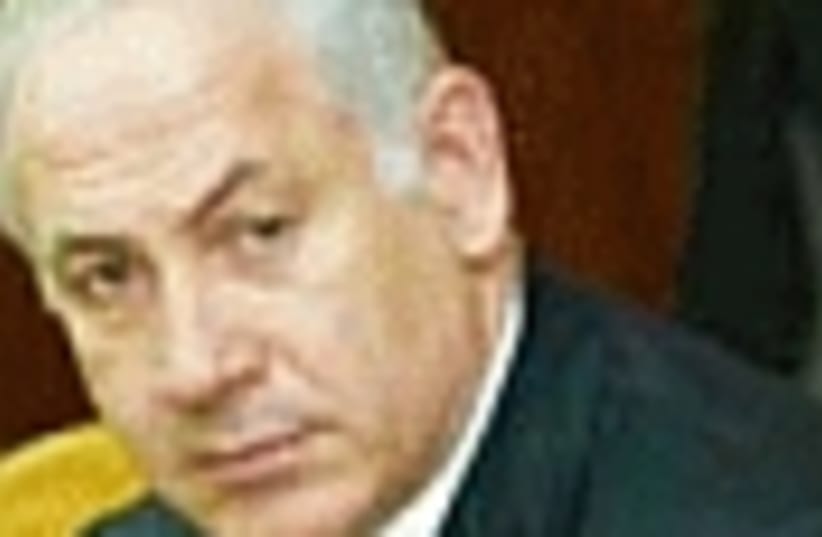| More about: | Benjamin Netanyahu, Yasser Arafat, Shimon Peres, Ariel Sharon |
Politics: Top 10 political false prophecies of 5765
When the Temple was destroyed, prophecy was taken from the prophets and given to fools and children.


| More about: | Benjamin Netanyahu, Yasser Arafat, Shimon Peres, Ariel Sharon |